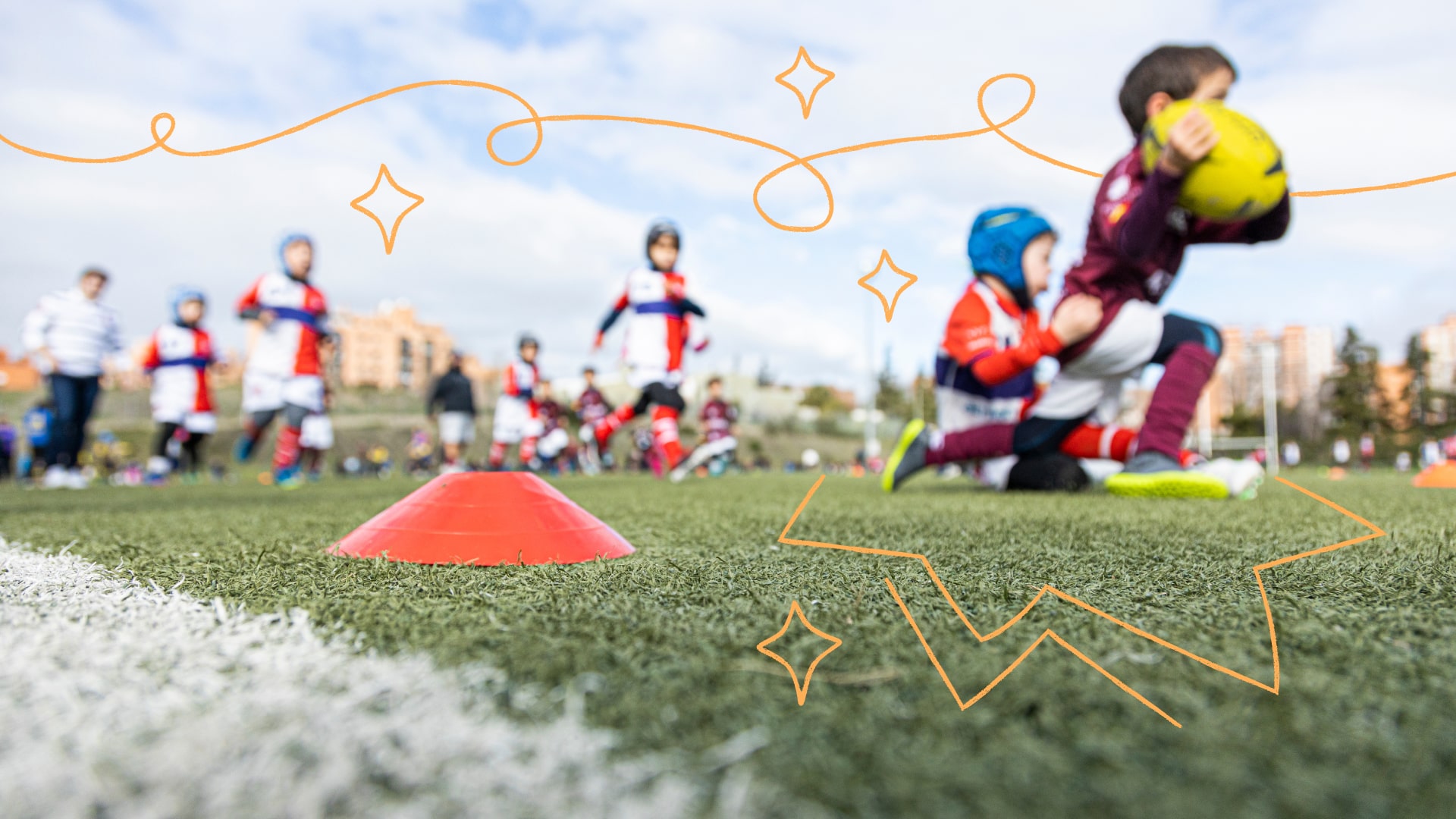
- 3 mins
5 Things to Teach Kids about Big Feelings

Now my youngest can make anything into a competition. How quickly he can brush his teeth, get to the car before his sister, or climb to the highest branch on the tree. So, I’ve had to work out a way to recognize and manage his feelings when something doesn’t quite go the way he’d imagined. If, like me, you want to learn how to teach kids that losing is part of life then read on for some helpful tips.
We at Moshi really see the value in validating children’s feelings. It’s ok for them to feel disappointed when they lose. Holding space for them to tell you about their experience helps them trust their feelings and feel truly heard. There is a difference between expressing their disappointment and being bad-mannered. If they cross the line with another child, it’s great to put those boundaries in place by explaining good sportsmanship. When your child does win, it’s also worthwhile asking them how the other child who lost might feel. This can encourage a sense of empathy and help them obtain a more balanced view of winning and losing.
Ok, so a growth mindset is key to children’s mental health and wellbeing. A growth mindset helps children develop coping skills.
You can encourage this by:
Practicing breathwork is a form of meditation that can help kids develop resilience and stress management. If your child is struggling with losing you could take part in a dynamic breath practice together. There are lots of fun and easy breathing practices for kids but the ‘lions breath’ is one of my personal favorites. You can explain to your child we are going to roar like a lion to let go of unwanted feelings. If you like, you can sit back on your heels and press your hands into your knees. Breath in through your nose and on the out-breath open your mouth wide, stretch out your tongue and make a loud roar. We have a whole Moshi Breathing section in our app as well as our brand new Panic Be Gone with Pops which helps kids deal with big feelings through visualizations and deep breathing.
Even us grown-ups feel the desperate need to win. If we are not trying to compete then we are often comparing. How often do we tell ourselves that a person is ‘more than’ in some way? According to this article, Sigmund Freud believed we compete to get the attention of our parents and it’s, therefore, an unavoidable force. Other viewpoints consider competitiveness to be entirely culturally created. Perhaps we could teach our kids that a sense of togetherness and teamwork is of most value. The best way to do this is to behave in this way as parents. Being a graceful loser and congratulating other people’s achievements can go a long way.
This is all sometimes easier said than done but just creating an awareness of how to suffer defeat graciously around the home is a fantastic place to start. Happy winning (and losing!)